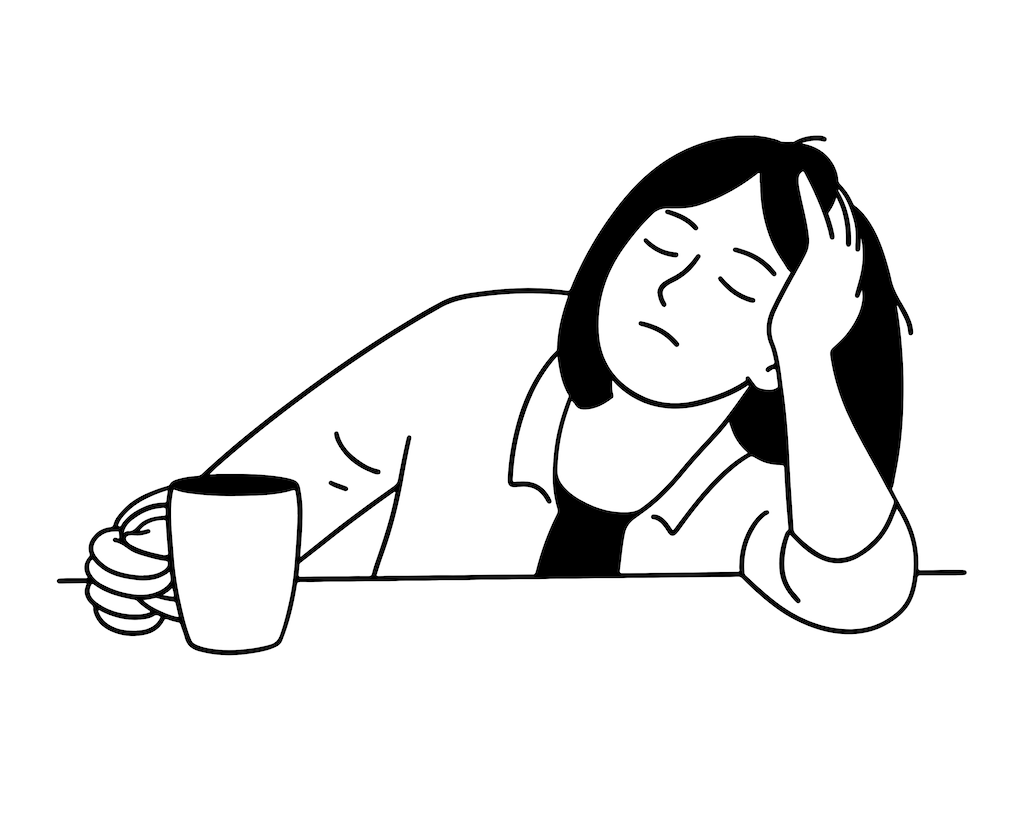
Learning a new language can be exhilarating, but for introverts, it often feels more like navigating a mental obstacle course than a cultural adventure.
Every casual conversation becomes a test. Every social interaction feels like a performance.
I spent years thinking I just wasn’t “good at languages.” I assumed my struggle stemmed from a lack of discipline, or maybe I just didn’t have the right kind of brain. But the more I learned, the clearer it became: my issue wasn’t intelligence or effort, it was the method I’d been told to follow.
And here’s what I’ve learned (the hard way)...
Let me paint the picture.
I’ve been trying to learn French for over 15 years.
You name it, I’ve tried it.
And despite logging thousands of hours and using every tool imaginable, I still froze during the most basic conversations. The moment I opened my mouth, people would switch to English. I felt invisible in my own effort. No matter how many verbs I memorized, I couldn’t seem to speak with ease.
It wasn’t just frustrating, it was deeply personal.
You see, one side of my family is French, so the language runs in my blood.
And yet… I couldn’t speak it.
That disconnect stings.
I am French, but I can’t speak French?
It was more than a language barrier. It was like a fracture in identity.
For years, I carried this quiet weight. A gnawing sense that something was wrong with me.
There’s something strange about learning new skills. Some people seem to pick things up naturally. Languages, instruments, sports, while others struggle, even when they’re putting in enormous effort. And the traditional language learning advice never changes:
But what if the method, not the learner, is broken?
Here’s what I’ve come to realize: I’m a sensitive person.
I don’t thrive in overstimulating environments. Even in my native language, small talk can be draining. I get overwhelmed by too much noise, too many variables, too much pressure to “perform” in real time.
And I know I’m not alone.
Many language learners, especially introverts, neurodivergent folks, and highly sensitive people experience the same thing. But it’s rarely talked about.
If you struggle with conversations in your own language, why would those interactions feel easier in a language you’re still learning?
Language learning isn’t just about vocabulary and grammar. It’s about vulnerability.
It’s about being seen while fumbling. It’s the emotional weight of:
Each of those tiny moments chips away at your confidence. They feel like mini failures.
And over time, those micro-failures stack up. Not just in your memory, but in your nervous system. They teach you to avoid speaking at all.
You’ve probably heard the same advice on repeat:
This advice is well-intentioned, and yes, exposure to real conversation does matter.
But for introverts, anxious learners, or sensitive people, this “sink or swim” method often causes more harm than good. It doesn’t build resilience. It builds resistance.
Instead of building confidence, brute-force immersion breeds dread.
That was my experience at least...
I started avoiding social interactions entirely. I dodged conversations, used self-checkout kiosks whenever possible, kept noise-canceling headphones on as armor.
And I started to internalize a harsh, untrue story:
“Maybe I’m just not good at languages.”
But alas, I've weathered enough storms now to learn that the real problem wasn’t my ability.
It was the framing.
We’ve been taught to approach languages like we approach school subjects:
That’s helpful for some things, but language is not just content.
Language is a skill. A performance. A live act.
Think of it like this:
Language is more like music, acting, or sport than it is like calculus.
You need muscle memory. Rhythm. Repetition. Confidence built through doing, not just knowing.
So if you’ve felt stuck, stalled, or paralyzed despite all your study time, it doesn’t mean you’re failing.
It could mean you’ve been given the wrong lens.
If you’re someone who feels like you’re trying your hardest and still not breaking through, you’re not alone.
If immersion feels overwhelming instead of inspiring…
If you’ve started believing you’re “bad at languages”…
Please know this:
The problem isn’t you. It’s the method.
You don’t need to study harder. You just need to find an approach that fits your nervous system, your energy, your rhythm.
Thanks for reading! If language learning has felt like an uphill battle, you might be curious about a method we’re building called Language Rehearsal. It’s helped me find more ease, and it might do the same for you.
You can read more about it here , or drop your email below if you’d like to stay in the loop for updates and gentle language tips. (You can opt out any time. No spam, promise.)